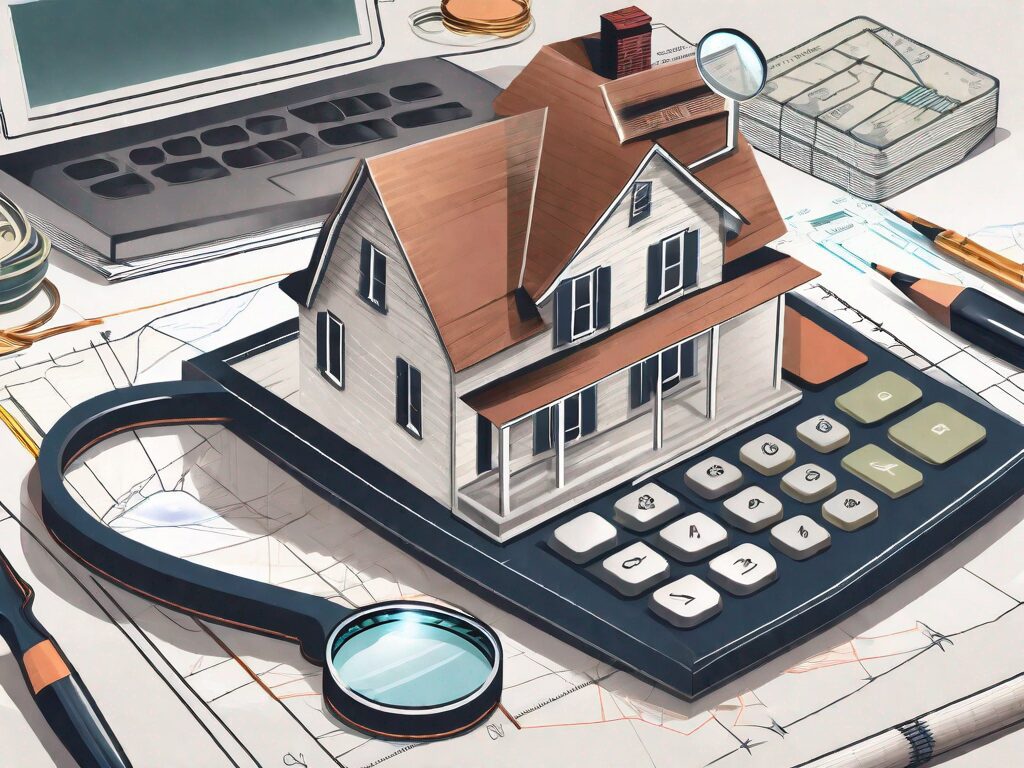
Agent A-Team or Solo Superhero? Finding the Right Real Estate Partner for Your Selling Journey in Wildwood Florida
When it comes to selling your home in Wildwood, Florida,…
January 29, 2024
In the state of Virginia, home appraisals play a crucial role in the real estate market. Whether you’re buying or selling a property, getting an accurate valuation is essential. But what exactly does a home appraisal entail, and how much does it cost? In this comprehensive guide, we’ll explore everything you need to know about home appraisals in Virginia, from the process to the costs involved and more.
In Virginia, a home appraisal is an unbiased evaluation of a property’s value conducted by a licensed appraiser. This assessment is based on various factors, including the home’s size, condition, location, and recent sales of comparable properties in the area.
The process typically begins with the appraiser inspecting the property. They will assess both the interior and exterior, taking note of any upgrades, renovations, or other significant features. After the inspection, the appraiser will analyze market data and other relevant information to determine the property’s value.
During the inspection, the appraiser will carefully examine the property’s structure, including the foundation, walls, and roof. They will also evaluate the condition of the electrical, plumbing, and HVAC systems. Additionally, the appraiser will take note of any visible damage or signs of wear and tear that may affect the property’s value.
When analyzing market data, the appraiser will consider recent sales of similar properties in the area. They will look at properties that are similar in size, location, and condition to the subject property. This comparative market analysis helps the appraiser determine a baseline for comparison and make adjustments accordingly.
A home appraisal in Virginia follows a systematic approach to ensure accuracy and fairness. Here are the key steps involved:
It’s important to note that a home appraisal is not the same as a home inspection. While an appraisal focuses on determining the value of the property, a home inspection is a more comprehensive examination of the property’s condition, including potential issues or defects. Both processes serve different purposes and are often required in real estate transactions.
Once the appraisal is complete, the valuation report can be used by lenders, buyers, and sellers to make informed decisions. Lenders rely on appraisals to determine the maximum loan amount they are willing to provide for a property. Buyers can use the appraisal to ensure they are not overpaying for a property, while sellers can use it to justify their asking price.
When it comes to the cost of a home appraisal in Virginia, several factors can influence the final price. Understanding these factors will help you anticipate the expenses involved and make an informed decision. Let’s dive into the main elements that contribute to the overall cost of a home appraisal in Virginia.
In Virginia, there are various types of home appraisals, each catering to different needs and circumstances. The type of appraisal you require will affect the cost. Here are some common types of home appraisals in Virginia:
Now that we have discussed the different types of home appraisals and their costs in Virginia, let’s explore some additional factors that can impact the overall cost of a home appraisal.
The size and complexity of a property can significantly affect the cost of a home appraisal in Virginia. Larger properties or those with unique features may require more time and effort to assess accurately. Appraisers may need to spend additional hours inspecting and analyzing the property, resulting in higher costs. Similarly, properties with complex designs, such as custom-built homes or historical properties, may require specialized knowledge and expertise, which can also contribute to higher appraisal costs.
The location of the property can also impact the cost of a home appraisal in Virginia. Appraisers may charge higher fees for properties located in remote or rural areas due to the additional time and travel expenses involved. On the other hand, properties in densely populated urban areas may have higher appraisal costs due to the higher demand for appraisers’ services and the increased cost of living in such areas.
The current market conditions can influence the cost of a home appraisal in Virginia. During periods of high demand, such as a booming real estate market, appraisers may charge higher fees due to increased workload and limited availability. Conversely, during slower market conditions, appraisers may offer discounted rates to attract clients. It’s essential to consider the prevailing market conditions when budgeting for a home appraisal.
In some cases, you may require additional services as part of the home appraisal process, which can add to the overall cost. For example, if you need a property inspection or a specialized assessment, such as an environmental or structural evaluation, these services will incur additional fees. It’s crucial to discuss your specific needs with the appraiser and obtain a detailed breakdown of the costs involved.
By considering the factors mentioned above, you can gain a better understanding of the costs associated with a home appraisal in Virginia. Remember to research and compare multiple appraisers to ensure you receive a fair and competitive price for the services you require. Investing in a professional home appraisal can provide valuable insights and peace of mind when making important real estate decisions.

If you want the Richr team to help you save thousands on your home just book a call.
 Book a call
Book a call